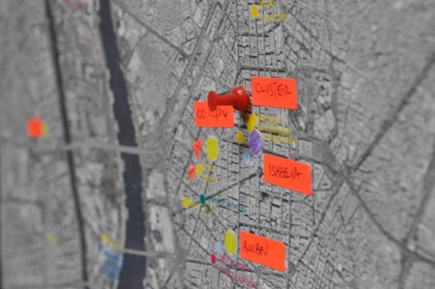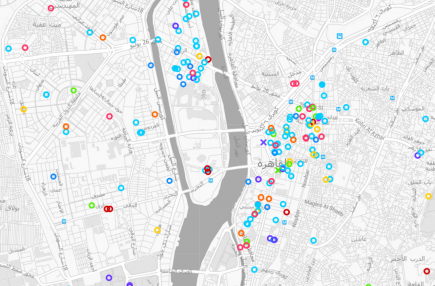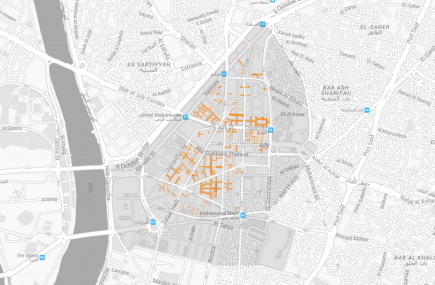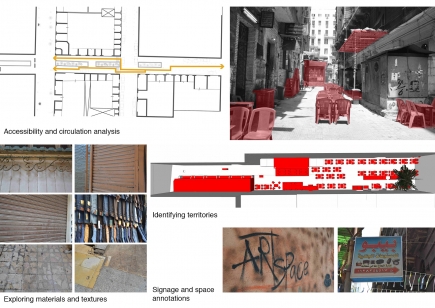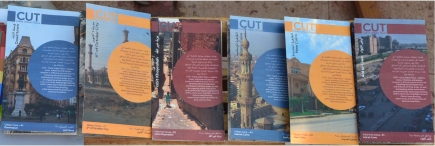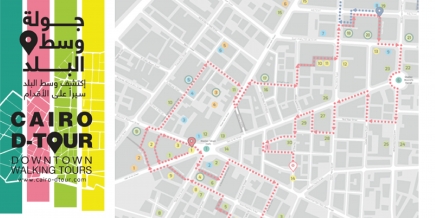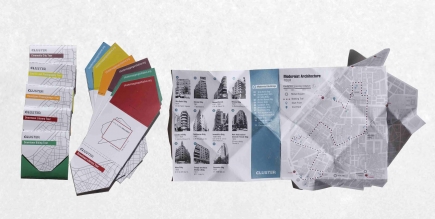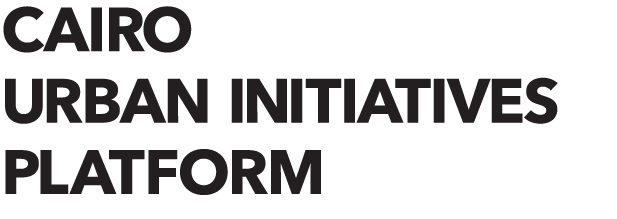| Theme: | |
| Format: | |
| Date: | Feb 5, 2015 6:00–7:00pm |
| Organized by: | Netherlands-Flemish Institute Cairo (NVIC) |
| Venue: | Netherlands-Flemish Institute Cairo (NVIC) |
| Address: | 1 Mahmoud Azmi Street, Zamalek |
Space occupies us as much as we occupy it. The life of every Alexandrian contains endless reminiscences, conscious or otherwise, of captivating places and buildings in his city that shaped his identity.
Alexandria was once the jewel of the Mediterranean. But that was a different time, and today's Alexandria has certainly seen better days.
'Description of Alexandria' is a cultural and artistic project that seeks to document the remains of Alexandria and its architectural heritage. The project is characterized by onsite sketching, drawing, and the description of urban and architectural elements of Alexandria. This is being done in a bid to raise awareness of the threats posed by rapid and unplanned urban development, especially in the context of the profit-hungry developers whose actions will change Alexandria forever.
The 'Description of Alexandria' project is being carried out by a team of volunteer sketchers and documenters, and it was initiated by team leader, sketcher and architect Mohamed Gohar. His talk will discuss the methodology of the project and how it will engage people. In conclusion he will discuss to what extent art affects our lives and connects the past and the future.
Mohamed Gohar is an Alexandrian architect, researcher and sketcher, born in 1983. He studied Architecture at the Fine Arts faculty, and upon graduation in 2005 he continued the postgraduate studies at the Arab Academy for Science and Technology and Maritime Transport.
Mohamed is focusing on the architectural heritage and history of Alexandria and is founder of the 'Description of Alexandria' project. He started drawing and documenting Alexandria for history more than four years ago and had many solo exhibitions in Alexandria and Cairo. His work is driven by social and cultural influences.
